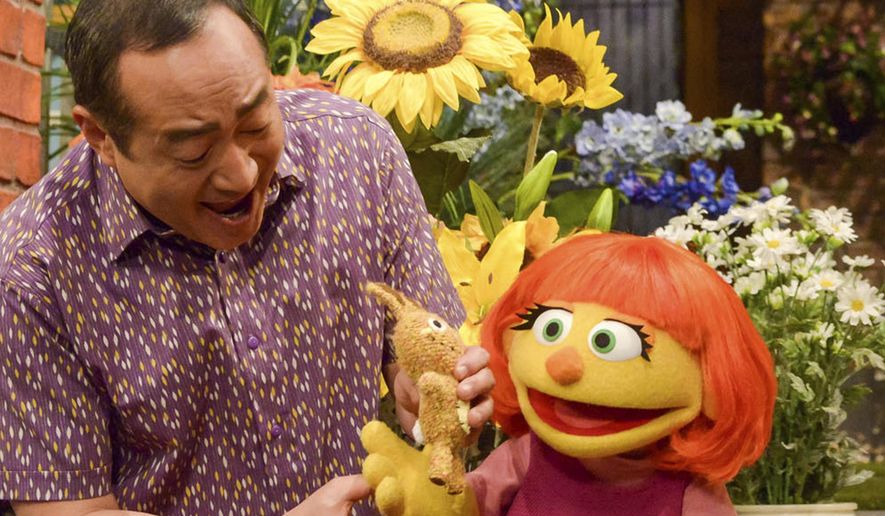OPINION:
Big Bird doesn’t live at the Public Broadcasting System anymore, but some people have not got the word. Big Bird has moved uptown to new digs at Home Box Office, a subsidiary of Time Warner. They’ve even moved the street where Big Bird and Oscar the Grouch live. Sesame Street runs off Columbus Circle in Manhattan now.
But the elites who groove on government culture, public broadcasting and the National Endowments for the Arts and the Humanities, are nevertheless squealing like pigs pushed away from the trough. Someone has to make sacrifices, but it just shouldn’t be the people who can most afford it. The two endowments for the arts and the humanities now get $148 million each and the Corporation for Public Broadcasting, which funds public broadcasting, including National Public Radio, gets $445 million.
The arts maven for The Washington Post makes the point that cutting them out of the federal budget would scarcely “make even a ding in the federal budget,” which means — this is the point that logically follows — that audiences and willing corporate donors could easily make up the “ravages” to arts and broadcasting budgets.
The money saved could even be spent on providing milk and shoes for poor children, or some other worthy cause. The begging sessions by PBS, once semi-annual but now more or less all the time, could further make up the slack. The begging might even attract conservatives if the relentlessly liberal tone of PBS programming could be moderated. No more political hacks, posing as “analysts” on National Public Radio, repeating Democratic talking points.
Balancing the budget and paying down the national debt, now at $20 trillion (that’s with a ’t’), is a critical goal, and if the fortitude can’t be mustered to eliminate luxuries — some of them nice but none of them necessary — what hope is there to do what must be done? The inevitable is answer is no hope at all.
Patricia Harrison, the president and CEO of the Corporation for Public Broadcasting, says the defunding of her bureaucracy “would initially devastate and ultimately destroy” public broadcasting. She may even believe that, but taxpayer-funded noncommercial public TV no longer makes the sense it might have when Congress created “educational television” decades ago to relieve the tedium of the “vast wasteland,” as television was once called. At the time, there were only three commercial television networks, and today there are hundreds of broadcast, cable and online-streaming television channels.
National Public Radio has an even smaller claim on public money. The idea of a government-subsidized news operation is wrong in principle and, as we have seen, wrong in execution. “Government news” and “government punditry” is suspect everywhere, and that includes here.
No government agency gives up its addiction to public money willingly. Sacrifice for the common weal is good, but sacrifice is always for someone else. “No government ever voluntarily reduces itself in size,” Ronald Reagan observed more than 50 years ago. “Government programs, once launched, never disappear. Actually, a government bureau is the nearest thing to eternal life we’ll ever see on this earth.”
Even if there’s no cure for addiction to public money, like addictions to booze and drugs, eliminating the handouts to the arts and barks community is the place to start. Authentic art will survive and prosper. It always has.




Please read our comment policy before commenting.